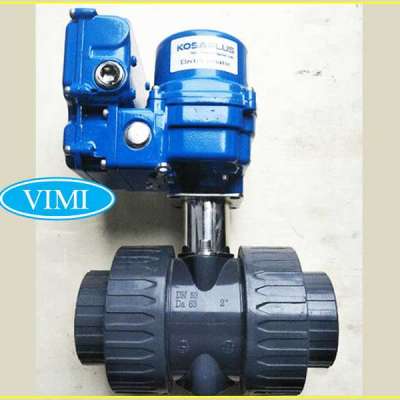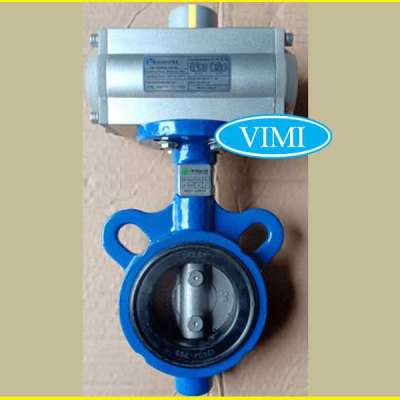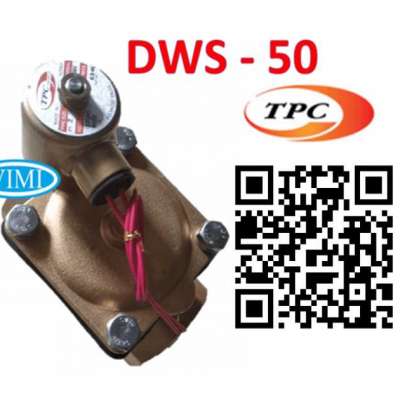Credentialing in Healthcare: Ensuring Quality and Safety
Introduction
Credentialing in healthcare is a critical process that plays a pivotal role in maintaining the quality and safety of patient care. It involves the verification of healthcare professionals' qualifications, experience, and background to ensure they meet the necessary standards to provide care. This article explores the importance of credentialing in healthcare, its key components, and its impact on patient safety.
Why Credentialing Matters
Patient Safety: The foremost reason for credentialing in healthcare is to ensure patient safety. By verifying the qualifications and background of healthcare providers, healthcare organizations can minimize the risk of hiring individuals who may not be competent or trustworthy. This helps prevent medical errors and ensures that patients receive high-quality care.
Legal and Regulatory Compliance: Credentialing is essential for healthcare organizations to comply with various legal and regulatory requirements. State and federal laws often mandate that healthcare providers be credentialed to practice. Failure to do so can result in legal consequences and financial penalties.
Quality Assurance: Credentialing helps maintain and enhance the quality of healthcare services. By evaluating the credentials, education, training, and experience of healthcare professionals, organizations can ensure that their staff is qualified to provide the best possible care.
Key Components of Credentialing
Verification of Education and Training: Healthcare organizations must verify that healthcare providers have the appropriate education and training for their roles. This includes checking academic degrees, certifications, and licensures.
Work History and Experience: Evaluating an applicant's work history and experience is crucial. Healthcare organizations need to confirm that candidates have the relevant experience to perform their duties competently.
Professional References: Collecting professional references allows organizations to gain insights into an applicant's character and performance. It helps in determining whether the individual is a good fit for the organization.
License and Certification Verification: Ensuring that healthcare providers have valid and up-to-date licenses and certifications is vital. These documents demonstrate that the provider has met the required standards for their profession.
Background Checks: Criminal background checks are essential to identify any history of misconduct or criminal activities that may pose a risk to patients or the organization.
Ongoing Monitoring: Credentialing is not a one-time process; it should be an ongoing effort. Healthcare organizations should continually monitor the credentials of their staff to ensure that they remain current and in compliance with regulatory requirements.
The Impact on Healthcare Organizations
Effective credentialing offers several benefits to healthcare organizations:
Enhanced Reputation: Credentialing helps build trust with patients, insurers, and regulatory bodies. It demonstrates the organization's commitment to providing high-quality care.
Risk Mitigation: By carefully vetting healthcare providers, organizations reduce the risk of malpractice claims, medical errors, and patient harm.
Regulatory Compliance: Compliance with credentialing requirements is essential to avoid legal and financial penalties.
Improved Quality of Care: Qualified healthcare providers contribute to better patient outcomes, thereby enhancing the overall quality of care delivered by the organization.
Conclusion
Credentialing in healthcare is a critical process that ensures patient safety, legal compliance, and the delivery of high-quality care. Healthcare organizations must invest time and resources into thorough credentialing procedures to maintain their reputation, mitigate risks, and provide the best possible care to their patients. By doing so, they contribute to the overall improvement of the healthcare industry and the well-being of individuals seeking medical treatment.
Source:
https://www.osplabs.com/insigh....ts/everything-you-ne
پسندیدن
اظهار نظر
اشتراک گذاری















